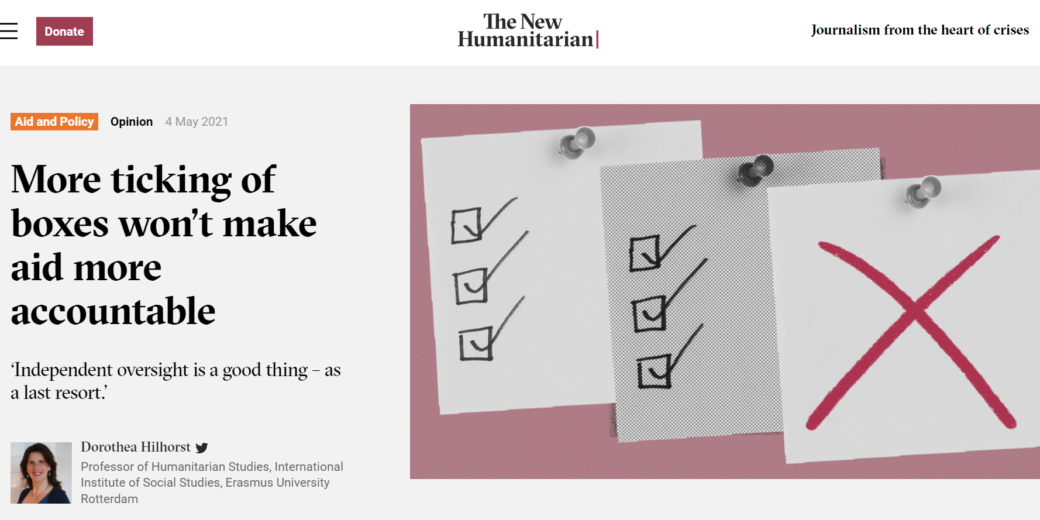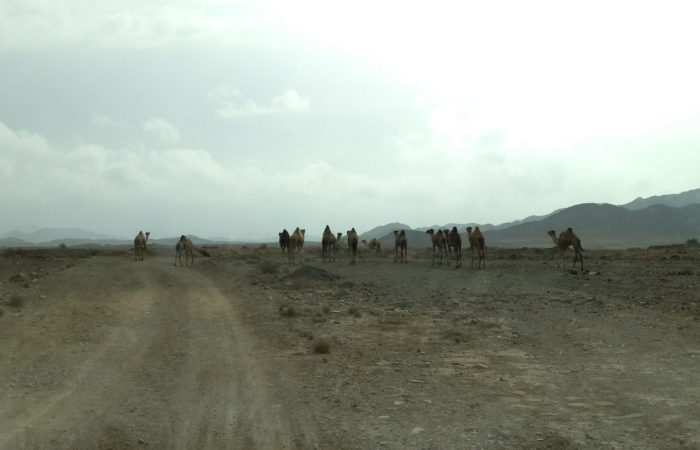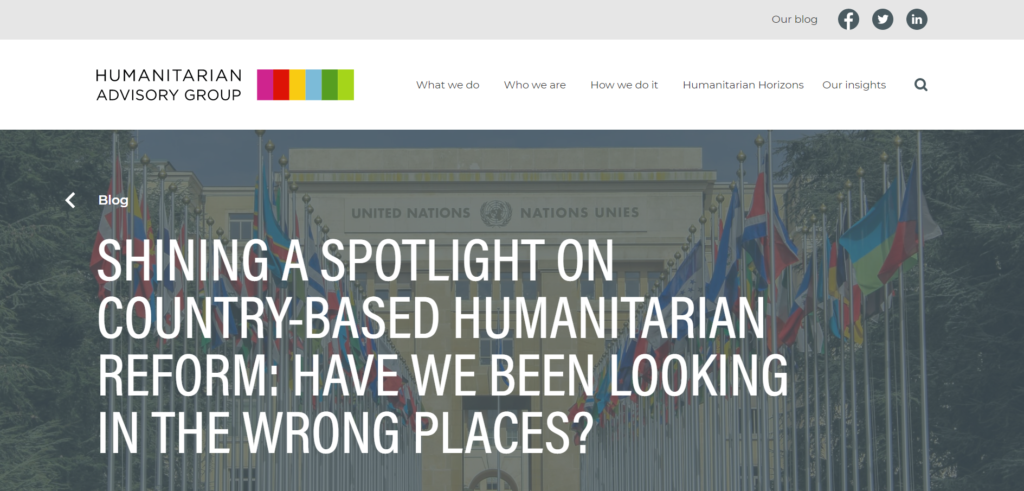Understanding Is Everything, Five New Challenging Articles Of May 2021
Understanding is key to everything. One of the reasons I started on this challenge of the 5toread on my blog. It assures me to keep reading and reflecting on which one to share each month. The junior essay winner is writing about how increasing the literacy rate maintains peace and promotes development in South Sudan.
This month, all other articles understand how ticking boxes don’t make aid more accountable. What happened to grassroots initiatives assisting refugees. Have we been looking in the wrong paces regarding country-based humanitarian reform? The lack of contextual understanding in humanitarian missions.
This month to start off with the Junior Essay Winner of the HART prize 2020-2021 from South Sudan: Manon Vignalou. Writing about Literacy as the important factor in driving a country’s development, and education has a significant impact on poverty, and directly correlates with solutions to poverty.
Paraphrasing the first part of her introduction paragraph: “Both you and I can read and write. Both you and I have had an education of some form. Both you and I have probably taken being able to read and write for granted for most of our lives. However, this is not the case for many people across the world. Despite the increase in global literacy rates over the past few decades, it has been reported that there are still 773 million illiterate adults in the world. Illiteracy is a humanitarian crisis that urgently needs addressing…”
Continue the read, including her bibliography if you wish to dig into the subject further on the website of HART UK.
Humanitarian agencies worldwide increasingly recognise that the ‘doing’ part of their work must be supplemented by a ‘thinking’ part. The ‘new way of working’, the nexus approach and the rise in prominence of conflict sensitivity are all outworkings of an appreciation that humanitarian contexts require thought as well as action. The challenge for the humanitarian sector is how to keep thinking – through research, analysis and reflection – when at the coalface of delivering assistance. In Dominic Naish’s experience, humanitarian NGOs are mostly failing the challenge.
In headquarters, in think tanks and at conferences, everyone involved in humanitarian work agrees that contextual sensitivity is important. Many international NGOs now hire conflict analysts, research or advocacy specialists or humanitarian affairs officers to work in country offices. Dominic Naish draws from his experience that this importance was drastically lessened at mission level. He explains about the multiple reasons for the typical lack of traction for reflection and understanding at mission level. Naish explains about the two steps, to be taken in tandem, practical measures that can begin to close the gap between contextual thinking and operational doing at mission level. Invest in strong contextual learning and make it a fundamental pillar in country operations.
Reform in the humanitarian sector sometimes seems to be going nowhere fast.
The COVID-19 pandemic has revealed massive gaps in the global humanitarian system and driven momentum and conversations for reform. In the lead up to the next iteration of the Grand Bargain, it is particularly important to explore the relationship between local, national and global processes to understand how reform has occurred. By shining a spotlight on country-based reform in response to particular pressures and priorities, this research emphasises the importance of locally-led approaches and provides an evidence base from which to envision future avenues for change and their prospects of success.
Back in 2015, cardboard placards bearing the words ‘Refugees Welcome’ that were shown in public spaces became an important way for ordinary European citizens to demonstrate solidarity with refugees and other migrants arriving en masse in Europe at the time. Citizen-led initiatives staffed by volunteers mushroomed, providing crucial assistance to refugees when humanitarian organisations were surprised and overwhelmed. But has something changed over the years as the amount of refugees entering Europe became smaller? What happened to these smaller grassroots initiatives as state and professional humanitarian actors gradually took over?
Read the full blog here.
More ticking of boxes won’t make aid more accountable
A new proposal from the UN has caused a flurry of comment but is missing the point about accountability in aid. An independent commission proposed by the outgoing UN humanitarian chief risks creating a tick-box process without changing practices on the ground.
Mark Lowcock, near the end of his tenure as head of the UN’s humanitarian wing, OCHA, said last month: “I have reached the conclusion that one of the biggest failings of the humanitarian system is that agencies do not pay enough attention to what people caught up in crises say they want.” A grand mea culpa indeed. It smacks of disillusionment, demanding robust correction: Lowcock seems convinced the sector will not change unless put under pressure through external oversight and carrot-and-stick incentives where donor countries make funding conditional on compliance.
Thea Hilhorst argues and concludes that independent oversight is a good thing – but as a last resort. If this initiative goes ahead, the creation of a cadre of humanitarian headmasters will just lead to more conversations of heads of agencies talking with other heads of agencies. And who’s then accountable for that?





